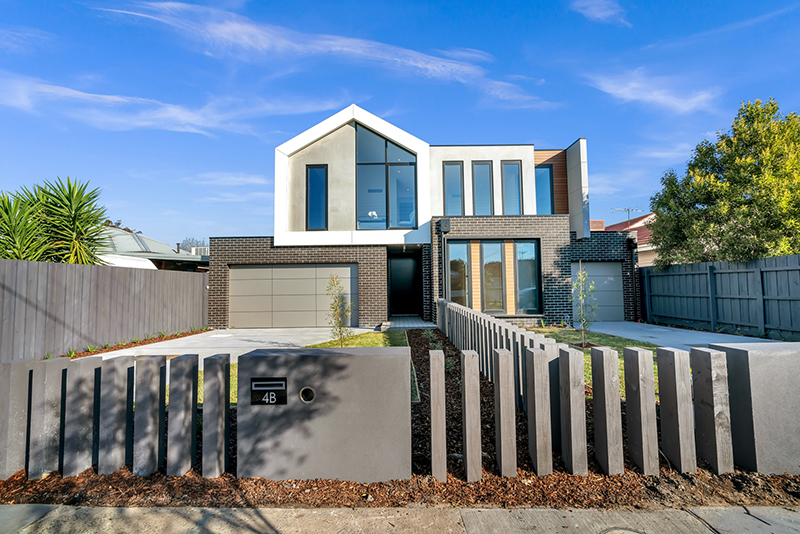Click here to get this post in PDF
The real estate industry has become more accessible and easier to invest in. That, combined with favorable government policies, a decent economy, and good financial instruments is why real estate newbies can play in the industry.
However, as with all business, real estate investment is fraught with risks. You must be in tune and in touch with current market demands, and plan for possible consumer changes in the near future.
While this might seem like it’s a bit much, the good news is that, with some help, you’ll navigate the industry bottlenecks, and go on to become an established and well-known real estate developer.
But before you jump right in, you need to know what to look out for in your deals, signals indicating a good buy, and things you should avoid. This post addresses some of those issues, so that you make good business decisions and investments. After all, we want you to succeed in your new venture. So, let’s get to it.
Look for and Prioritize Good Data
One of the good things about real estate these days is that it’s easier to get your hands on important data. Will there be a rezoning in the near future? Does the government plan to re-allocate the lands? Is there a possibility of the area going from single-family homes to condos and multiplexes?
All of this information can be obtained these days. You can look at historical and current data to make future projections about where the real estate market is going in the areas that you intend to invest in. Also, you can easily determine where the market is softening as well as areas that can adversely affect property prices.
Consider the People’s Experience When They Visit Your Property
In the past, the success of commercial properties like malls was tied to the presence of one or more anchor clients. Over the years, the mall has become a place that people go to do something, instead of buying something.
The same applies to residential properties. Renters and buyers are looking for more options in their living arrangements. People want more add-ons like swimming pools, energy-efficient appliances, decks, gazebos, and communal or individual play areas where they can hang out if there’s ever the need for a lockdown again.
More importantly, people who can afford it, are moving away from city centers, and gravitating towards the suburbs, city outskirts, and rural towns because they can now work from anywhere in the world. So, pay attention to all of these factors when you’re planning your property development.
Renters Know and Want Better Services
We briefly touched on this earlier, but let’s expatiate. Developers and landlords tend to focus on the knots and bolts of their operation –amenities, floor plans, and property design.
But renters are now more knowledgeable and desirous of more than the basics in their quest for an enriched experience in the properties they want to rent. It’s no longer enough to just sign the lease.
For example, renters want to know how quickly service issues can be fixed, how fast repairs can be made, and how easy it is to file a report about any issue. Services are very important in keeping tenants happy these days. So, you should have that at the back of your mind.
Understand that You Need a Team
Listen, your dreams will not happen until you have a team that works. It takes a literal “village” to make your dreams a reality. You cannot be a solo realtor in these times.
That’s a surefire way to become frustrated and quit the process. You need to actively build a solid team that you’ll use for this project and pay attention to all the processes and systems that you used. This way, you can easily use the same systems for the next development.
Build relationships everywhere from the local planning office to the mayor’s office and with financiers or the banks. Then, find the right contractors, engineers, and builders who share your dreams and ideas and are willing to go to work on them.
When you find and build a team that works, stick with them for a long time. This will save you so much hassle and worry as you’ll all understand each other’s work preferences, habits, thinking, and also save a ton of money in the process.
Familiarize With the Zoning Laws in Your Target Areas
Every state and city has unique zoning laws and land use permits for different areas of the state or city. Familiarize yourself with them, and make sure you adhere to them. If you buy a rundown property in a single-family home zone and tear it down to build a multifamily property, the city council will demolish your property.
If you’re ever in doubt, tie your property purchase to the availability of the necessary permits. Make sure that you have those before paying for the property. For instance, real estate developers like NFC Homes and many others do this.
It’s the easiest way to ensure that your investment is secured and avoid any “surprises” from the government in the future. What many real estate developers do is get the original permits from the seller, raze down the old building and build a similar structure in keeping with the zoning permits. This brings us to zoning issues. Make sure that zoning and obtaining permits in your target area are easy to get.
Do Your Research Thoroughly
Speaking of zoning laws, permits, and other legal documents, remember that it’s okay to say no to deals you’re not comfortable with. If the seems too good to be true, that’s because it actually is.
You need to do your research on every property that you want to buy. This is where having the right team comes into play. If you have a legal advisor who is familiar with real estate deals and knows the area, it makes things very easy.
And even if they don’t know the place themselves, they’ll know other real estate attorneys who they can ask for consultations. The good news though is most real estate attorneys in a state or city are familiar with all the areas –new and old- and can guide you so you don’t make mistakes when investing in those properties.
You may also like: Best Ways to Invest in Commercial Real Estate Investing Companies
Image source: Unsplash.com


